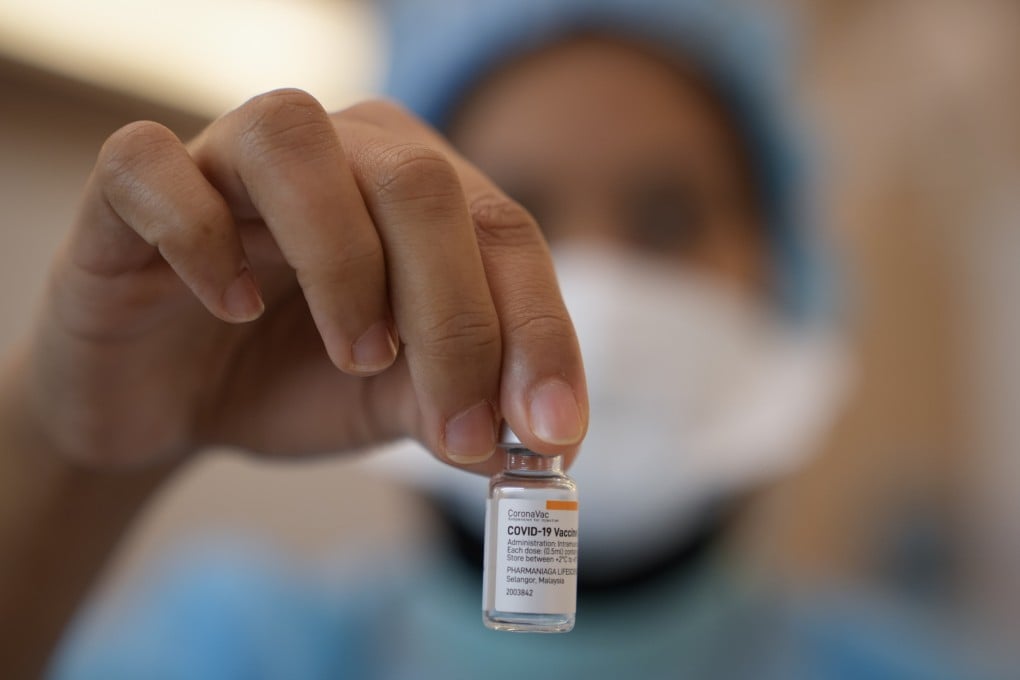Advertisement
Coronavirus: exempt emergency vaccines from late-stage clinical trials, Chinese health official urges WHO
- Zeng Yixin says WHO should consider replacing late-stage human trials with data relating to neutralising antibody levels
- WHO experts have discussed whether and how to move from clinical endpoint data to correlating measures of immunity
Reading Time:2 minutes
Why you can trust SCMP
41

A senior Chinese health official has called on the World Health Organization to scrap late-stage human trials as a criterion for its coronavirus vaccine emergency use listing.
The call comes days after a second Chinese Covid-19 vaccine was granted the listing.
Zeng Yixin, vice-minister of the National Health Commission, said the WHO should consider replacing phase 3 human trials with data relating to neutralising antibody levels – an indicator of immunity – generated by the vaccines under consideration to scale up production.
Advertisement
“We also advocate that the WHO make timely adjustments to the rules for listing emergency use for Covid-19 vaccines in light of the actual situation of global epidemic prevention and control,” Zeng was quoted as saying by state news agency Xinhua late on Sunday.
“For vaccines with good results from animal trials, phase 1/2 clinical trials and the production in full compliance with good manufacturing standards, considerations should be made to exempt phase 3 clinical trials and using neutralising antibodies as an alternative indicator, and that could significantly increase the supplies of Covid-19 vaccines.”
Two front runners in China’s Covid-19 vaccine response – inactivated vaccines by the Beijing subsidiary of Sinopharm and Sinovac Life Science – were listed by the WHO for emergency use on May 7 and June 1. Both vaccines were approved for emergency use in China with only phase I/2 human trials data last July and have been used to inoculate millions before being approved for general use with phase 3 data.
Advertisement
Select Voice
Select Speed
1.00x